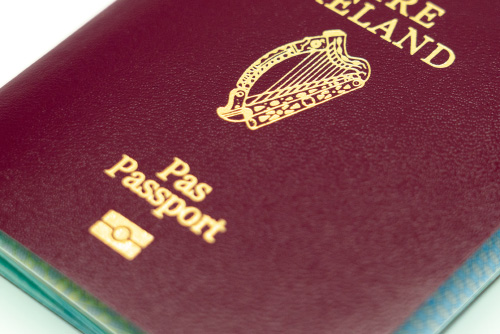Litigation ‘inevitable’ after citizenship revocation law passes

Litigation appears to be “inevitable” following Seanad approval of new legislation allowing for the revocation of Irish citizenship, the Irish Human Rights and Equality Commission has said.
The Court, Civil Law, Criminal Law and Superannuation (Miscellaneous Provisions) Bill 2024 will amend the Irish Nationality and Citizenship Act 1956 to restore the government’s power to revoke certificates of naturalisation, which was struck down by the Supreme Court in 2020.
Ms Justice Elizabeth Dunne ruled in the Damache case that the process set out in the Act did not meet the “high standards of natural justice” and was repugnant to the Constitution.
The government has been criticised for addressing the issue in a legislative amendment first published eight days ago and now approved by both the Dáil and the Seanad.
The Irish Human Rights and Equality Commission had urged ministers to allow time for pre-legislative scrutiny to take place.
Director Deirdre Malone said: “The Commission believes that this bill, as enacted, would empower ministers to use revocation of naturalised citizenship in inappropriate or disproportionate circumstances.
“Furthermore, it contains procedural and substantive provisions that, in our view, are unlikely to withstand judicial scrutiny when tested against the high standards envisaged by the Supreme Court in earlier litigation.
“When this bill enters into force, further litigation of this nature is, in our view, inevitable. Legislation of this nature does not engender confidence in our system of revocation — particularly for our fellow citizens who are Irish by naturalisation.”
The circumstances in which certificates can be revoked will include where a person poses a security risk to the State or where citizenship was obtained through fraudulent means.
Justice minister Helen McEntee said: “This power is used sparingly and has been used less than 10 times in total from 1956 to date. The revocation of Irish citizenship is only undertaken in the most serious of circumstances, including on grounds of fraud, deception and national security.”








